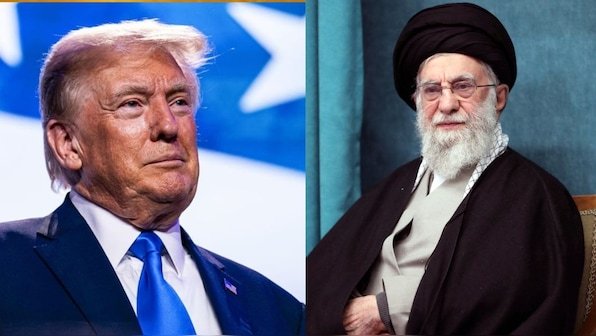
For decades Iran has been grappling with a plethora of challenges whether on a domestic or at a global level. The ongoing crisis, in the Middle East, or the West Asia, has hit Iran from two sides. On one end, Israel’s attacks on Hamas in Gaza and Hezbollah in Lebanon have weakened its so-called “Axis of Resistance,” and on the other end, the fall of former President Bashar al-Assad in Syria has left the country with little to no allies in the region.
For years, Tehran has been navigating an array of sanctions introduced by the US and with the current President Donald Trump tightening his noose around the country to sign a nuclear deal, Iran seemed to be getting cornered from all sides.
On the domestic front, Iran saw a new president taking over the reins and initiating reforms in the country. However, the West Asian nation often comes under the radar of international organisations for some of its policies.
In an exclusive conversation with Firstpost, Seyed Emamian, Assistant Professor at Tehran Polytechnic University of Technology, and Co-founder of Governance and Policy Think Tank, elucidated the challenges Iran is currently facing and gave an insight into a side of Tehran which is rarely talked about.
Content retrieved from: https://www.firstpost.com/world/us-iran-principally-willing-for-negotiation-but-it-has-to-be-unconditional-unprovocative-13873992.html.




